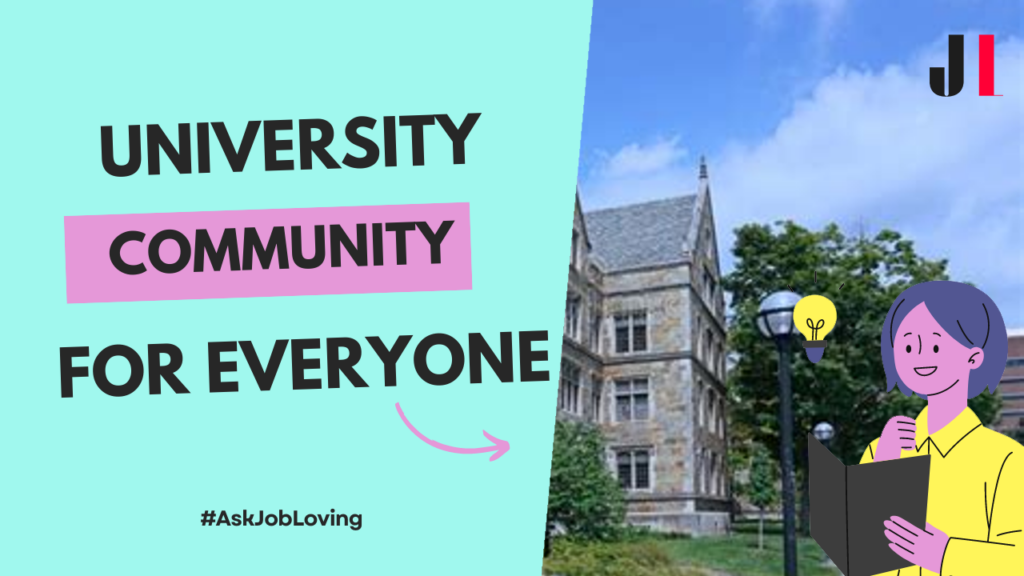When Did the University of Michigan Adopt RCM?
The University of Michigan (U-M) adopted the Responsibility Centered Management (RCM) budgeting model in 2018. This significant move aimed to enhance financial sustainability and accountability within the university’s complex structure. By utilizing RCM, U-M transformed how it allocates resources, encouraging decentralized decision-making among departments and schools.
With RCM, financial responsibilities shifted to individual units, allowing them to manage their budgets more autonomously. This enhances transparency and encourages greater financial discipline. When departments understand their revenue sources and expenditures, they can tailor their strategies effectively to meet academic and operational goals.
Moreover, the adoption of RCM also aligns with the broader trend in higher education to promote fiscal responsibility. As universities face increasing pressures from state funding cuts and rising operational costs, systems like RCM provide a framework for adaptation. U-M’s transition reflects a commitment not only to academic excellence but also to sustainable financial practices in the evolving educational landscape.
Conclusion: Impact and Future Prospects
The implementation of RCM at the University of Michigan has positioned it as a leader in innovative budgeting practices within higher education institutions. With this model, U-M aims to promote an environment where both academic and administrative units can thrive financially while focusing on mission-driven outcomes. The approach emphasizes accountability at every level of the organization, contributing to a robust framework for future growth.
If you’re looking for more insights or need assistance regarding when the University of Michigan adopted RCM, feel free to connect with us at the JobLoving community. We’re here to help!

